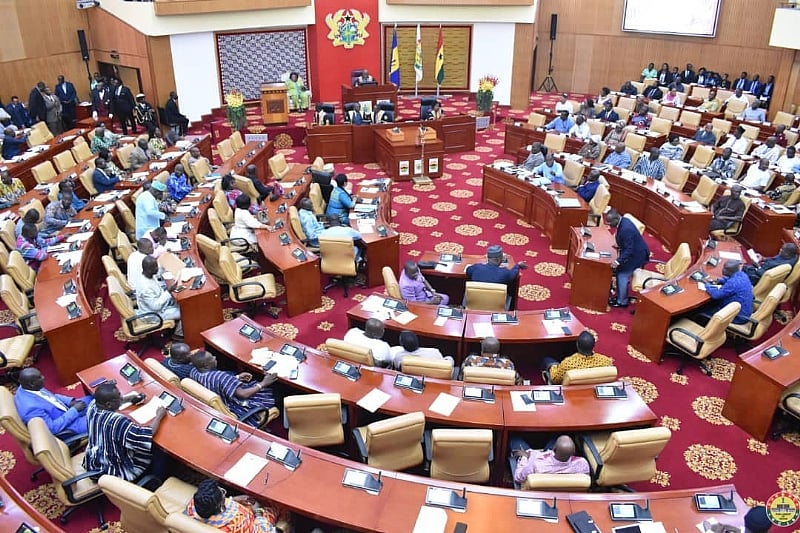The Ghanaian Parliament has enacted the Social Protection Bill into law, marking a significant milestone in the nation’s commitment to safeguarding its vulnerable populations. This comprehensive legislation aims to streamline social services, mobilize resources, and provide a robust legal framework for social protection programs targeting specific groups, including children, women, and persons with disabilities (PWDs). The passage of this bill signifies a crucial step towards ensuring a more inclusive and equitable society for all Ghanaians.
The Social Protection Bill empowers the Ministry of Gender, Children, and Social Protection to effectively identify and support those most in need. It provides a clear legal mandate for the ministry to enhance its capacity to deliver emergency services to vulnerable individuals and families facing unforeseen circumstances. This strengthened mandate enables the ministry to proactively address social challenges and provide timely assistance to those who require it most. The bill also mandates public institutions to comply with the Persons with Disability Act (Act 715), guaranteeing unhindered access to public facilities for PWDs. This provision underscores the government’s commitment to inclusivity and accessibility for all citizens.
One of the key features of the new law is its focus on the Livelihoods Empowerment Against Poverty (LEAP) program. The legislation provides a more structured framework for the LEAP program, enabling the Ministry to more accurately identify and target individuals and families who qualify for support. This targeted approach ensures that resources are allocated effectively to those who need them most, maximizing the program’s impact on poverty reduction. The legislation also seeks to strengthen the institutional framework for social protection, ensuring better coordination and efficiency in the delivery of social services.
This legislation represents a significant advancement in Ghana’s social protection system. By consolidating existing programs and providing a clear legal framework, the bill enhances the government’s ability to address social vulnerabilities and promote inclusivity. The bill aligns with Article 106 (6) of the 1992 Constitution, solidifying its constitutional basis and demonstrating the government’s commitment to upholding the rights and well-being of its citizens.
The implementation of the Social Protection Bill is expected to have far-reaching positive impacts on Ghanaian society. By streamlining social services and improving access to support for vulnerable groups, the legislation will contribute to poverty reduction, improved health outcomes, and greater social inclusion. The bill’s emphasis on targeted interventions will ensure that resources are utilized effectively, maximizing the impact of social protection programs. Furthermore, by mandating accessibility for PWDs, the bill promotes equal opportunities and empowers PWDs to participate fully in all aspects of society.
The passage of the Social Protection Bill demonstrates Ghana’s dedication to building a more equitable and just society. This landmark legislation provides a robust legal and institutional framework for social protection, ensuring that vulnerable populations have access to the support they need to thrive. By strengthening the LEAP program and mandating accessibility for PWDs, the bill fosters a more inclusive environment for all Ghanaians. This legislative achievement marks a significant step towards achieving the Sustainable Development Goals and creating a more prosperous and inclusive future for Ghana.


